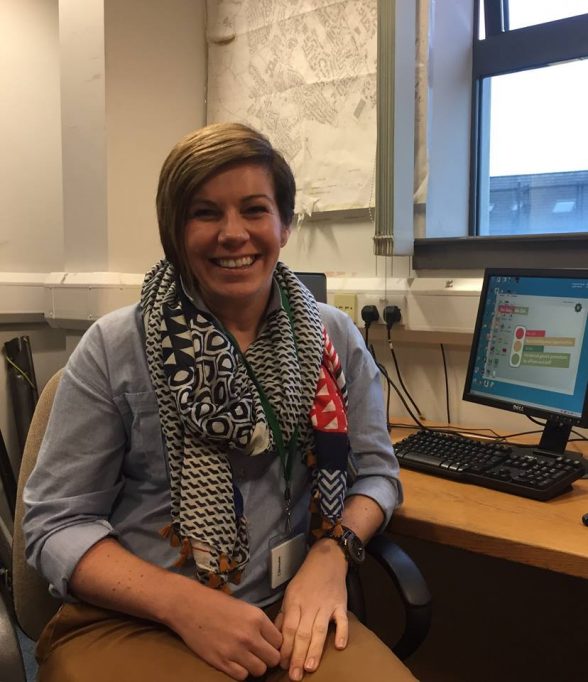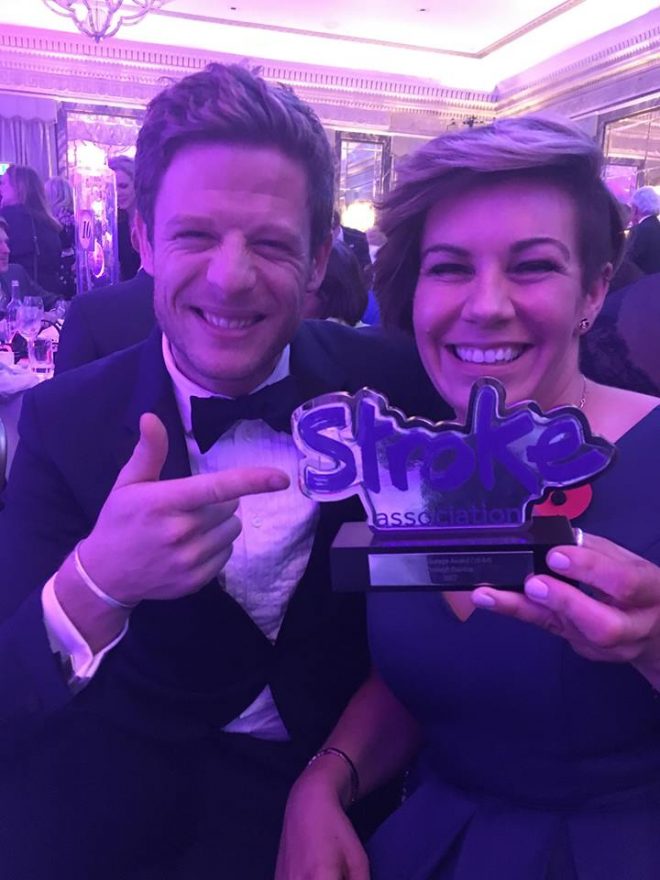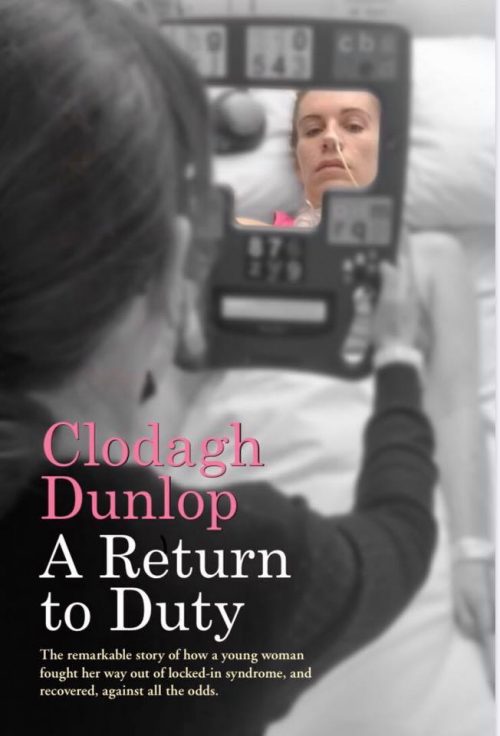
PSNI officer Clodagh Dunlop back at work after her battle with ‘locked-in’ syndrome
For almost three months, the 40-year-old could only communicate by blinking, although her mind remained completely alert.
Now Clodagh, from Magherafelt, is talking, walking and a detective in the PSNI, with a book about her health ordeal out on the bookstore shelves.
Those who have read her book ‘A Return To Duty’ say it is “wonderful and inspiring” and a “must read for medical students”.
It has been a long road these past four years and some people may believe that her recovery is complete.
But it is not for Clodagh. The hard work continues on her road to recovery.
In an interview with the Belfast Telegraph, Clodagh said: “I haven’t given up on my recovery, I’ve always said I will run again, but I don’t set a time limit on it,” she said.
“I don’t fear failing – I would rather say I’m going to run again and never run, but fail at it and keep trying.”
She has spent her entire life setting out to prove people wrong, and her remarkable recovery from the devastating stroke in April 2015 is the latest example of this.
“Even when I was at primary school, I wanted to join the police,” said Clodagh.
“My uncle (Clifford Evans) was murdered during the Troubles, he was a police officer and was on a routine patrol and they were going past the Elk bar in Toome and the car he was in was shot at.
“He died in 1976, three years before I was born and while I never met him, he was always talked about.
“In my young mind, I romanticised going around saving people’s lives and being heroic and I always wanted to be just like him.
“Mum and dad were opposed to me joining the police, my dad kept telling me it was no job for a woman, but the more he said it, the more it made me want to do it.”

Clodagh Dunlop’s book on sale at Waterstones store
In the days afterwards, doctors warned her loved ones that she may not survive.
Even as Clodagh defied the odds, they repeatedly told her she would never walk again, but in typical fashion, she refused to accept their predictions.
“The more someone tells me I can’t do something, the more determined I am to do it,” she added.
“I think that’s what went through my head when they said I would be in a wheelchair forever, it made me even more determined that I wouldn’t be.
“My family was told my recovery would happen for the first 18 months after the stroke and then after the first year or two, I would remain stagnant.
“But that isn’t my mindset. I honestly believe that if you keep repeating your exercises and keep working hard, I will keep improving.
“I know the function on the right side of my body will never be perfect, but if I keep working at things, I know there will be improvement, I know muscles will start to fire up again.”
Fitness enthusiast Clodagh is determined to continue her recovery and she trains at the gym every day to encourage her muscles to function properly.
However, she requires a specialist piece of equipment and further rehabilitation to achieve this, so hopes to fund this from the proceeds of her book.

Clodagh Dunlop with her Life After Stroke Adult Courage Award along with Hollywood actor James Norton
“It was about three or four miles but it was an easy run to me.
“I couldn’t even walk it now but I would love to be able to run it again, I would cry with joy.”
Going for a walk on the beach and feeling the sand between her toes would also mean the world to Clodagh.
“I don’t think I would even be able to speak through the tears if I could do that,” she said.
But even more important than aiding her recovery, Clodagh said she wanted to write the book to help anyone else who finds themselves in a similar situation. Since suffering the stroke, she has become a passionate advocate for greater understanding and awareness of people with communication difficulties.
“It’s something I feel very strongly about,” she said. “Right from when I was in hospital I wanted to scream and shout about the importance of communication and I think that, ultimately, that has been the driving force behind the book.
“It has massive knock-on effects when you can’t communicate, people can become very isolated and it’s a horrible thing.
“When I was in Musgrave Hospital, I met lots of people who lost the ability to talk and they don’t like to leave the house.
“It’s life-limiting and that’s really sad. I want people to understand that just because someone can’t communicate in the normal way, it doesn’t mean they don’t understand or don’t want to communicate.”
 She added: “I enjoyed writing the book, but I am nervous about people reading it because I’m a police officer, not a writer.
She added: “I enjoyed writing the book, but I am nervous about people reading it because I’m a police officer, not a writer.
“I just hope it can help people.”
Clodagh’s book, A Return to Duty, is available by logging on to www.beatinglockedin.com or from Waterstones
Tags:




